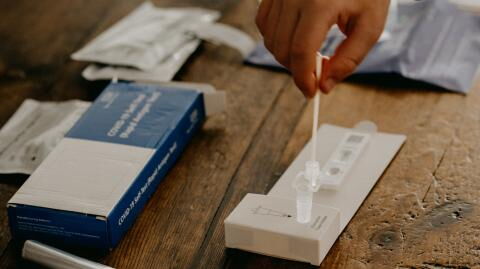Nadia, 4, lives in the heart of the Bronx Zoo in New York City. The young tigress is officially the first of her kind to have contracted COVID-19.
Discover our latest podcast
What were the symptoms that alerted the zoo managers? Apparently, the tiger had been suffering from fits of 'dry coughs,' according to the U.S. Department of Agriculture. It appears as though this is a symptom that manifests similarly to who it does in humans.
Samples were taken from the animal while it was asleep under general anaesthesia, and the analyses took place in a special laboratory, explained Dr. Paul Calle, chief veterinarian at the Bronx Zoo:
The COVID-19 testing that was performed on our Malaysian tiger Nadia was performed in a veterinary school laboratory and is not the same test as is used for people.
Is the virus transmissible from human to animal?
How could this majestic animal have contracted the coronavirus if the facility has been closed since March 16th? The transmission must have come from one of the zoo's staff members.
The zoo has promised that all research related to this 'human-tiger' transmission will be shared with the scientists in charge of investigating this virus that has shaken up the entire planet.
Nevertheless, this is not the first time that transmission between humans and animals has made the news. In February, Chinese authorities revealed that a dog was infected with COVID-19, which triggered an appalling wave of pets being abandoned, and even worse, put down.
Note that whether or not pets can be infected with COVID-19 is still hard to say, as research is still ongoing. Someone call Joe Exotic, he'll know what to do.















